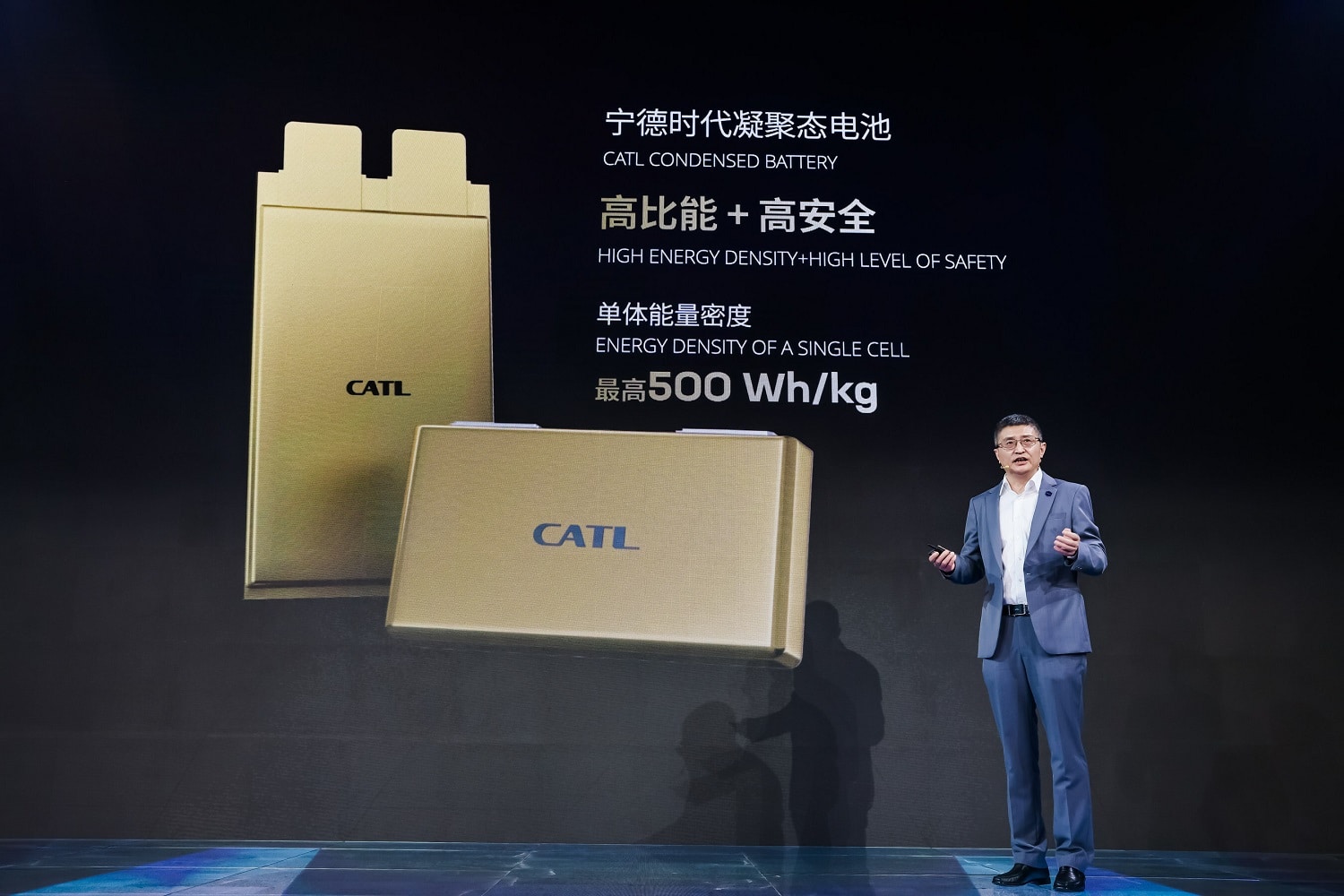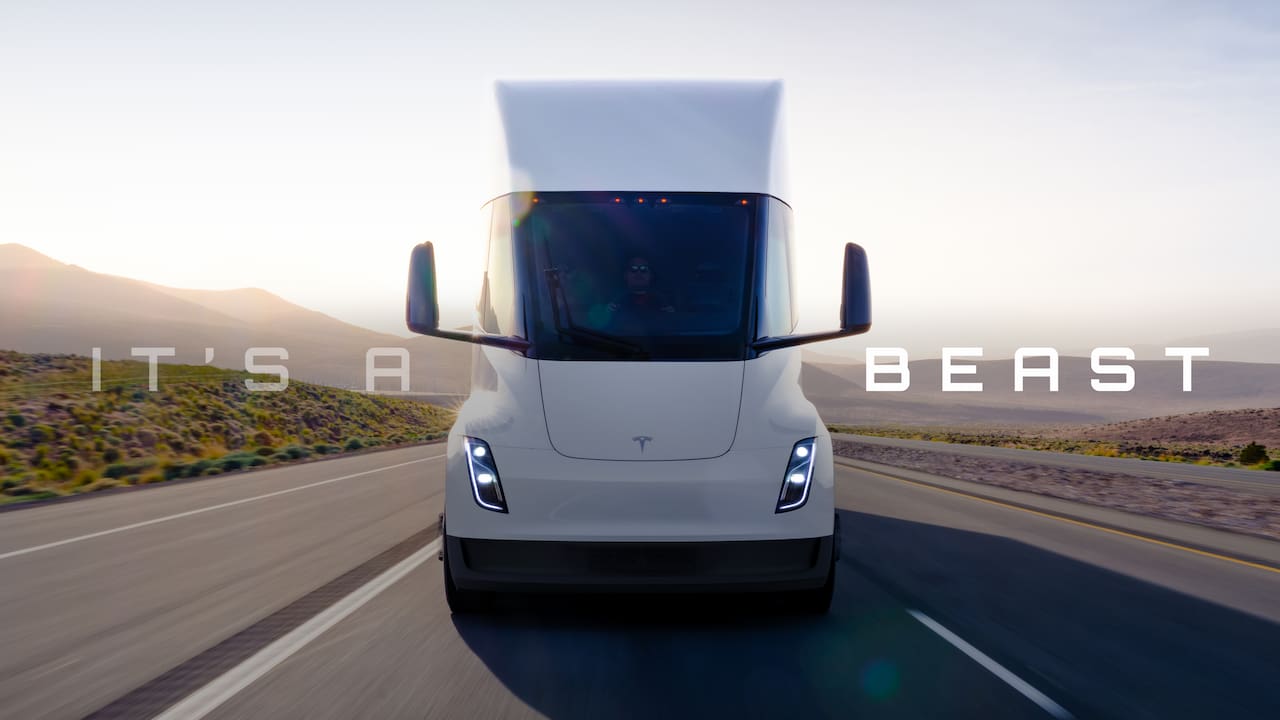CATL just announced a new condensed battery aimed at the transportation sector, especially aviation. The new battery has an energy density of >500wH/kg. This is a significant jump from the 200-300 wH/kg in current automotive batteries. The battery is scheduled to be production ready by fall. It significantly raises the bar for competitors, especially if cost competitive. So far there has been no pricing mentioned, but it will be one to watch later this year.
CATL is the leading manufacturer of lithium-based batteries. They have at least one-third of the world's market share. Their batteries are found in Teslas, BMWs, Mercedes, etc.

 www.inceptivemind.com
www.inceptivemind.com
CATL is the leading manufacturer of lithium-based batteries. They have at least one-third of the world's market share. Their batteries are found in Teslas, BMWs, Mercedes, etc.

CATL unveils condensed battery with an energy density of 500 Wh/kg
The battery can achieve high energy density and a high level of safety at the same time in a creative manner.
 www.inceptivemind.com
www.inceptivemind.com





 (and live in a sunny place).
(and live in a sunny place).